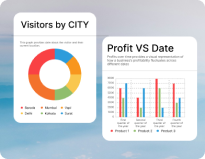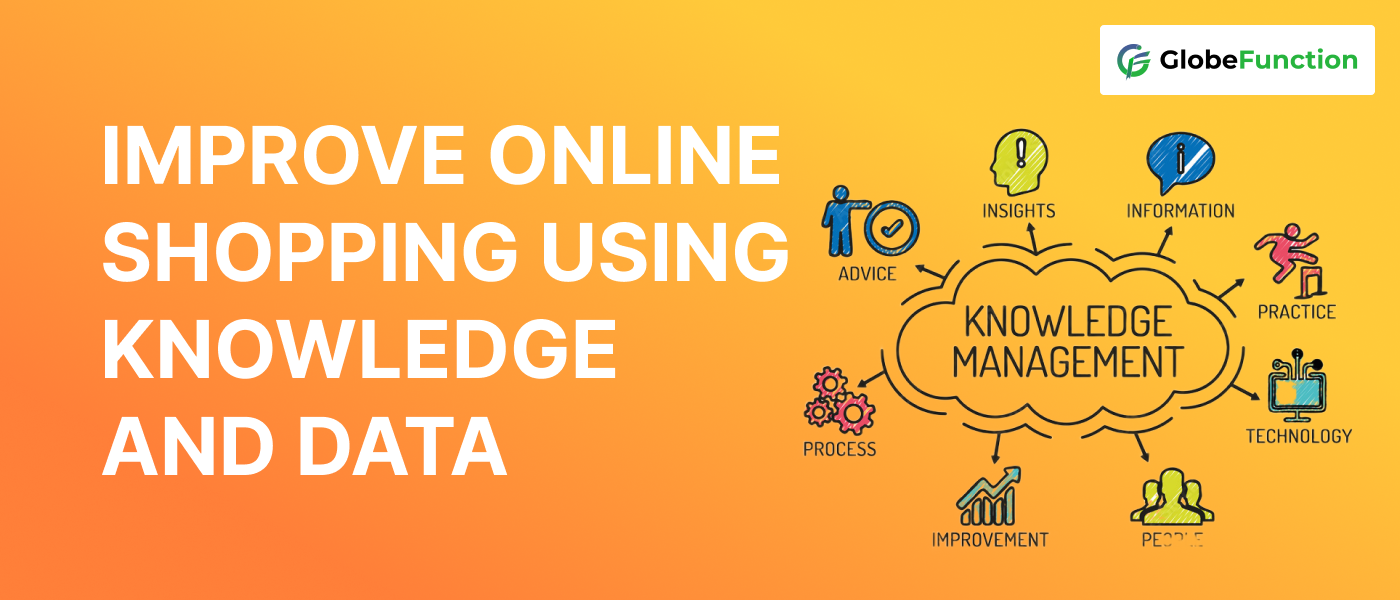Unleashing the Power of Data Analytics and Insights for an Enhanced E-commerce Experience
Understanding the Significance of Data Analytics in E-commerce
In the fast-paced world of e-commerce, the key to gaining a competitive edge lies in understanding and leveraging the power of data analytics. By delving into the treasure trove of data that your website generates, you can unlock invaluable insights that pave the way for enhanced decision-making and improved customer experiences.
Maximizing User Experience through Data-Driven Strategies
With the aid of data analytics, you can grasp your customers’ preferences, behaviors, and purchasing patterns, thus enabling you to tailor your offerings to meet their specific needs. By harnessing these insights, you can create a seamless and personalized user experience that fosters customer loyalty and drives conversion rates.
Enhancing Website Performance with Actionable Insights

Data Analytics from your e-commerce website can provide you with crucial insights into its performance. By monitoring key metrics such as page load times, bounce rates, and conversion funnels, you can identify areas for improvement and optimize your website for enhanced speed, functionality, and user engagement.
Leveraging SEO Strategies for Enhanced Visibility
Integrating robust search engine optimization (SEO) strategies with your data analytics can significantly boost your website’s visibility and organic reach. By identifying high-performing keywords and optimizing your content accordingly, you can ensure that your e-commerce platform ranks prominently in search engine results, thus driving valuable organic traffic and increasing your online visibility.
Embracing a Data-Driven Future for E-commerce Success
In today’s digital landscape, the integration of data analytics has become a fundamental pillar for e-commerce success. By embracing a data-driven approach, you can not only stay ahead of the competition but also continuously adapt your strategies to meet the evolving needs and preferences of your target audience.
Conclusion
Incorporating data into your e-commerce endeavors is no longer an option but a necessity for sustainable growth and success. By harnessing the power of analytics and insights, you can propel your e-commerce website to new heights, foster stronger customer relationships, and achieve unprecedented levels of success in the ever-evolving digital marketplace.
Frequently Ask Questions?(FAQs)
How frequently should I update my blog for optimal SEO?
Regular updates are essential; aim for at least two to three posts per week to maintain a consistent online presence and cater to search engine algorithms.
What metrics should I track in social media analytics?
Track engagement metrics, such as likes, shares, and comments, to gauge audience interaction and the effectiveness of your social media content.
How can I personalize email campaigns effectively?
Personalization goes beyond using names. Segment your audience based on preferences, purchase history, and behaviors for targeted and effective email campaigns
Are Google Ads suitable for small businesses?
Yes, Google Ads can be scaled to fit budgets of all sizes. Smart targeting and strategic bidding can make Google Ads effective for small businesses
What role does mobile optimization play in SEO?
Mobile optimization is crucial for SEO success. Google prioritizes mobile-friendly websites, and an optimized mobile experience enhances user satisfaction
How can I interpret data analytics to improve marketing strategies?
Look for patterns and trends in customer behavior. Analyze metrics like bounce rates, conversion rates, and customer journey data to identify areas for improvement














